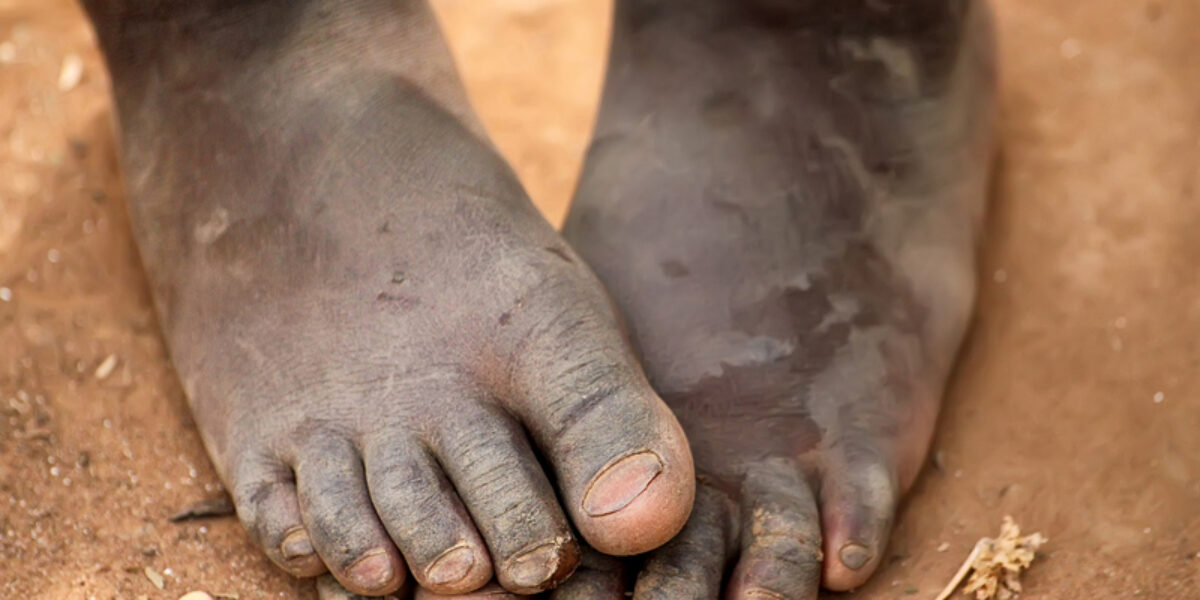Over the past 30 years, global poverty has plummeted by more
than half, from 52 percent to 21 percent, according to statistics from the
World Bank.
That’s the good news. The bad news is that Americans are
unaware of any progress being made to end this problem, a new Barna study
finds. Consequently, 68 percent say they don’t believe it’s possible to eradicate
global poverty in the next 25 years.
So why do anything to try to change it?
Practicing Christians, however, have a different view,
particularly those under age 40. Forty-eight percent of this group is
optimistic that global poverty can be eradicated in 25 years, while 37 percent
of practicing Christians over 40 are optimistic about it.
If ending global poverty were a certainty, Christians said
they would be more motivated to help in the coming year. Nearly two-thirds of
all practicing Protestants in the study (62 percent) said they would do more,
just slightly under practicing Christians below age 40 (64 percent).
Donations are the most common way Christians (and
non-Christians) serve the global poor. Last year, 56 percent of practicing Christians
over 40 donated $15 a month to nonprofit charitable organizations that serve
the poor, while those under 40 donated $10 a month.
Fewer people are likely to have volunteered for a
poverty-related cause last year. Practicing Christians, however, are more likely
than the general public to have spent time working to end global poverty.
One-third of this over-40 group volunteered at a church for
this purpose, and about one-quarter (24 percent) did so at a nonprofit. Among
those under 40, 36 percent volunteered at a church to help the global poor and
one-fifth (21 percent) did so at a nonprofit.
When asked how they could help the global poor more in the
coming year, 44 percent of Americans said they’d donate more money. After that,
19 percent said they’d see how curbing their own waste and consumption could
help the poor, 15 percent said they’d volunteer more, one in 10 would advocate,
and 4 percent said they’d pray more.
Despite advances in eradicating global poverty, an estimated
1.4 billion people in countries outside the United States still do not have
access to clean water, enough food, sufficient clothing and shelter, or basic
medicines, such as antibiotics.
For more information about this study, go to see
the full
study results on the Barna Group’s website.





